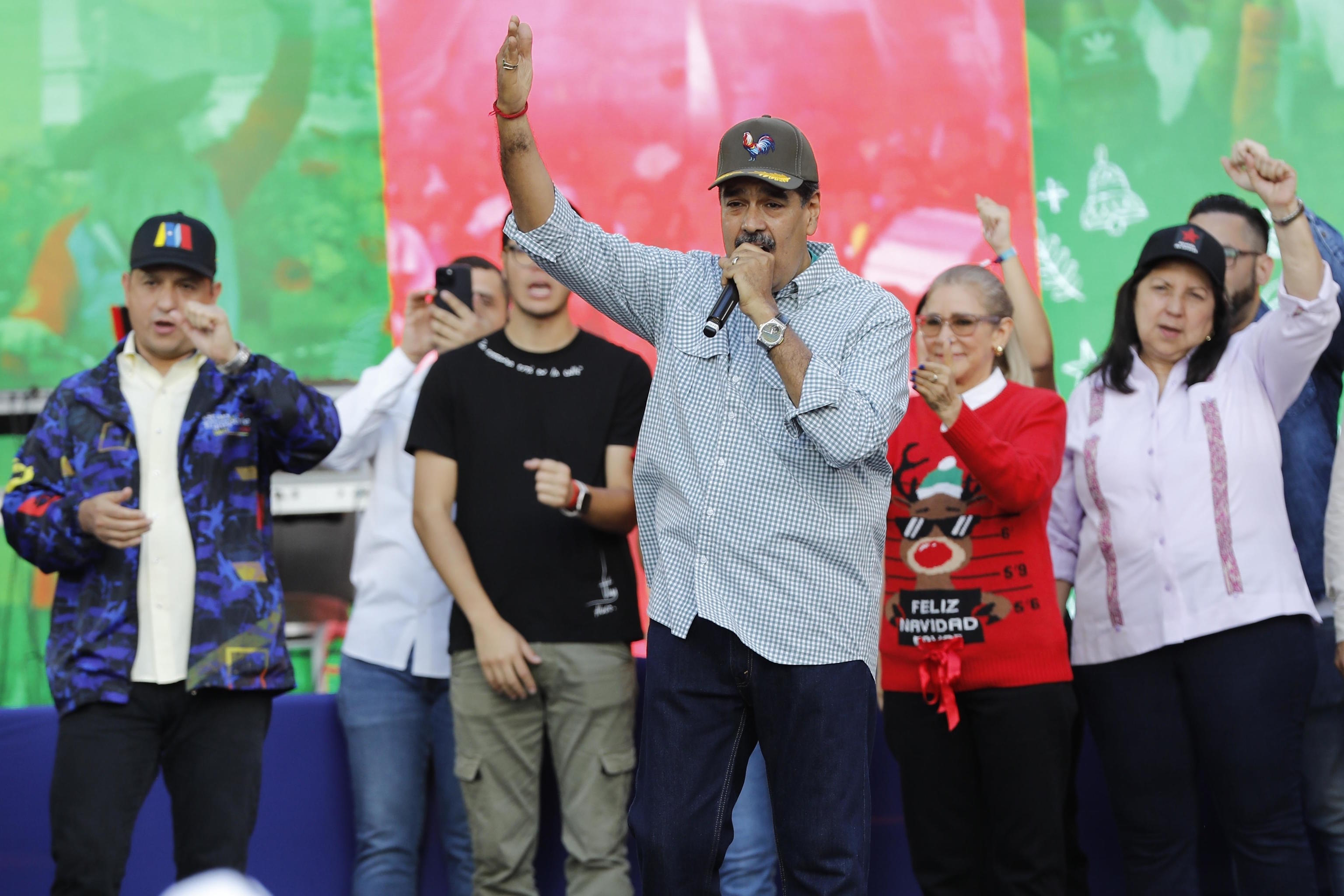Diplomat Álvaro Albacete will be appointed this Tuesday at the Council of Ministers as the new ambassador of Spain to Venezuela. His appointment comes at a time of tense bilateral relations with Venezuela and just a month before the transfer of power is due to take place, on January 10.
The change of representative in Caracas, reported by El País and confirmed by EL MUNDO, is due to an age issue. The current ambassador, the experienced Ramón Santos, turns 70 next summer, the maximum retirement age at the Ministry of Foreign Affairs. That is why his replacement has been decided this Tuesday.
The chosen one, Álvaro Albacete, comes from the Ministry of Culture, where he has been the Chief of Staff to Minister Urtasun, also a career diplomat like him. He has also served as a special ambassador for relations with the Jewish community, director of Casa Sefarad-Israel, deputy secretary-general of the Kaicid (King Abdullah bin Abdulaziz International Centre for Interreligious and Intercultural Dialogue), deputy secretary-general of the Union for the Mediterranean, and Chief of Staff to the Minister of Culture.
Edmundo González reveals that he signed a document from the Chavista regime under "coercion" at the Spanish embassy to leave Venezuela
Although he also worked for the European Commission in Bosnia-Herzegovina as a specialized advisor in the area of good governance to the Presidency of the State and the Ministry of European Integration, between 1999 and 2002. Or for the Inter-American Development Bank in Argentina, Bolivia, Panama, and Paraguay. It is the first time in his diplomatic career that he will serve the Spanish government in a Ministry position. His first mission abroad, and of significant importance.
The Minister of Foreign Affairs wanted to resolve the replacement in Caracas before January 10, the day when the transfer of power should take place in the country. As reported by El País, Albacete already has the plácet, but it is unlikely that he can present his credentials before that date to officially accredit him as ambassador and allow him to work.
January 10 is a date shrouded in uncertainty as Nicolás Maduro does not recognize Edmundo González as the winner of the elections, while more and more countries view the election results through the lens of fraud. González faced a campaign of harassment and threats from the Chavista regime that forced him to leave the country to ensure the safety of his family.
In mid-September, he landed in Spain after a controversial round of negotiations, although the government has always denied reaching any agreement with the Maduro regime. However, during the time González was sheltered at the Spanish Embassy in Caracas, he had to sign a document handed over by the Rodríguez brothers in order to leave the country. A document he signed in the presence of the Spanish ambassador.
Spain welcomed González, but in the three months he has been here, the government has tried to maintain balance between its role in granting asylum and relations with Chavismo. Thus, he was received by the Prime Minister, Pedro Sánchez, and the Foreign Minister, José Manuel Albares, but in low-profile meetings without institutional character.
After weeks of discretion, González has broken his silence to ask Spain to follow the path of other countries like the United States or the European Parliament and recognize him as the election winner.
